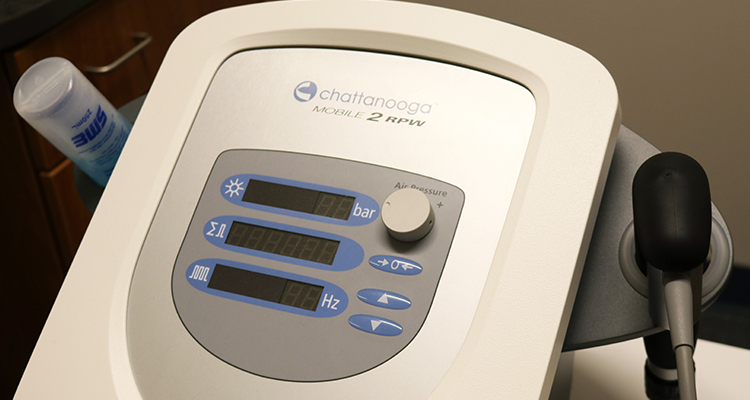
Electromyograph (EMG)
Electromyograph tests how muscle responds to signals from the nerves responsible for muscle movement. It is useful in evaluating motor weakness. During an EMG, which takes between 60 – 90 minutes, a needle is inserted into the muscle being tested to transmit the muscle’s electrical activity to the EMG machine while at rest and during specific muscle movements. Often a Nerve Conduction Study is done in conjunction with an EMG.
Nerve Conduction Studies (NCS)
A Nerve Conduction Study is a non-invasive, painless test to measure how well individual nerves send an electrical signal from the spinal cord to the muscles. A shock emitting electrode is placed over the nerve and a recording electrode placed over the muscles supplied by that nerve. The shock-emitting electrode sends brief, repeated electrical pulses to the nerve and the recording electrode records the reaction time of the muscle. NCS is often used to diagnose nerve disorders, such as carpal tunnel syndrome.
